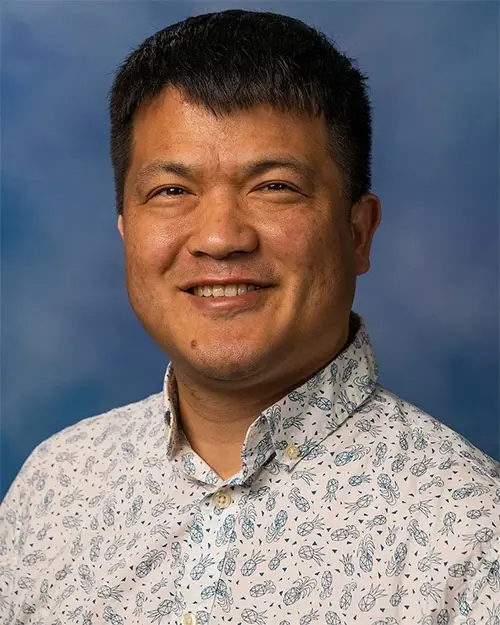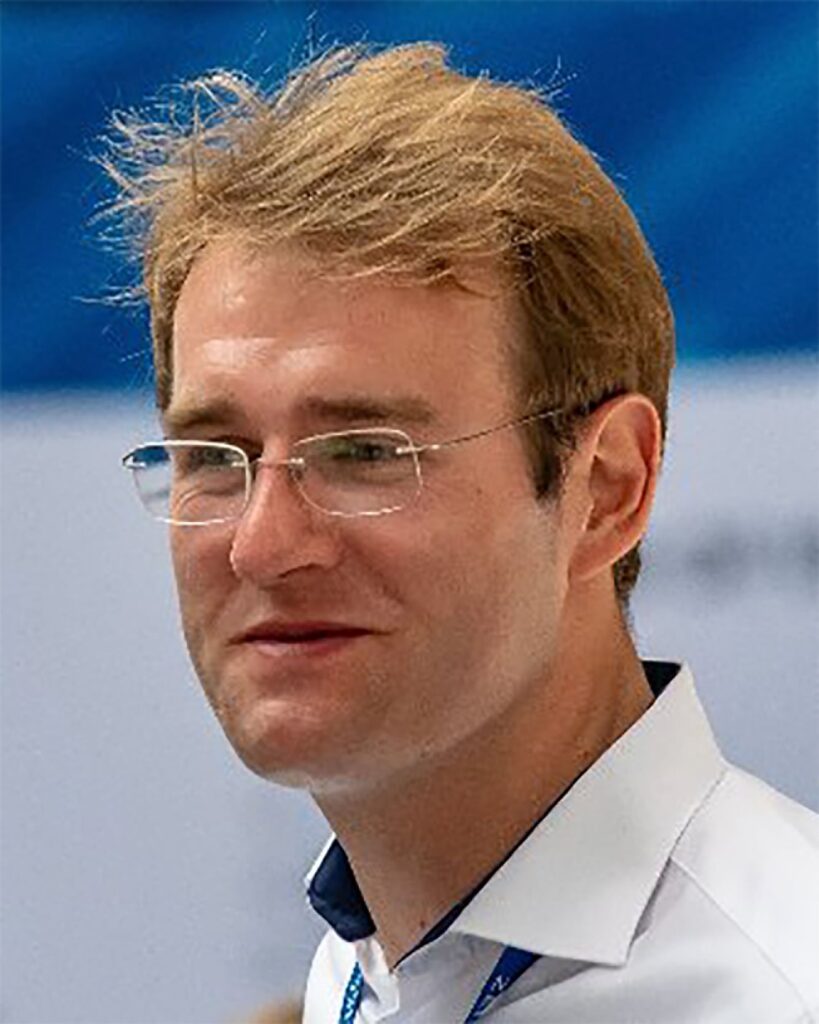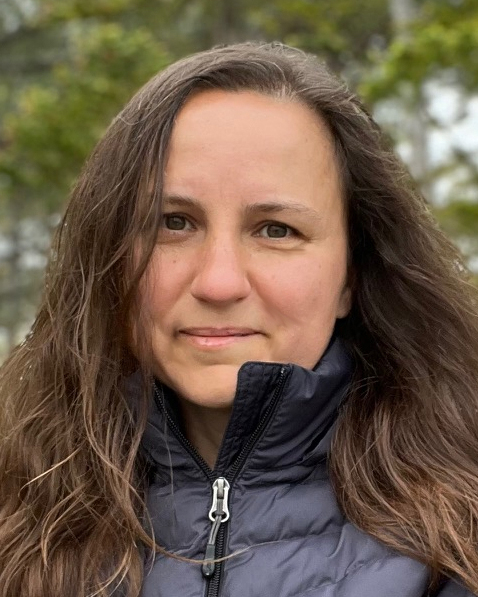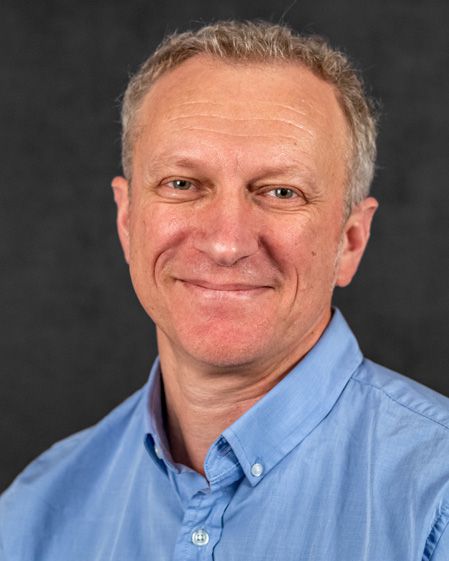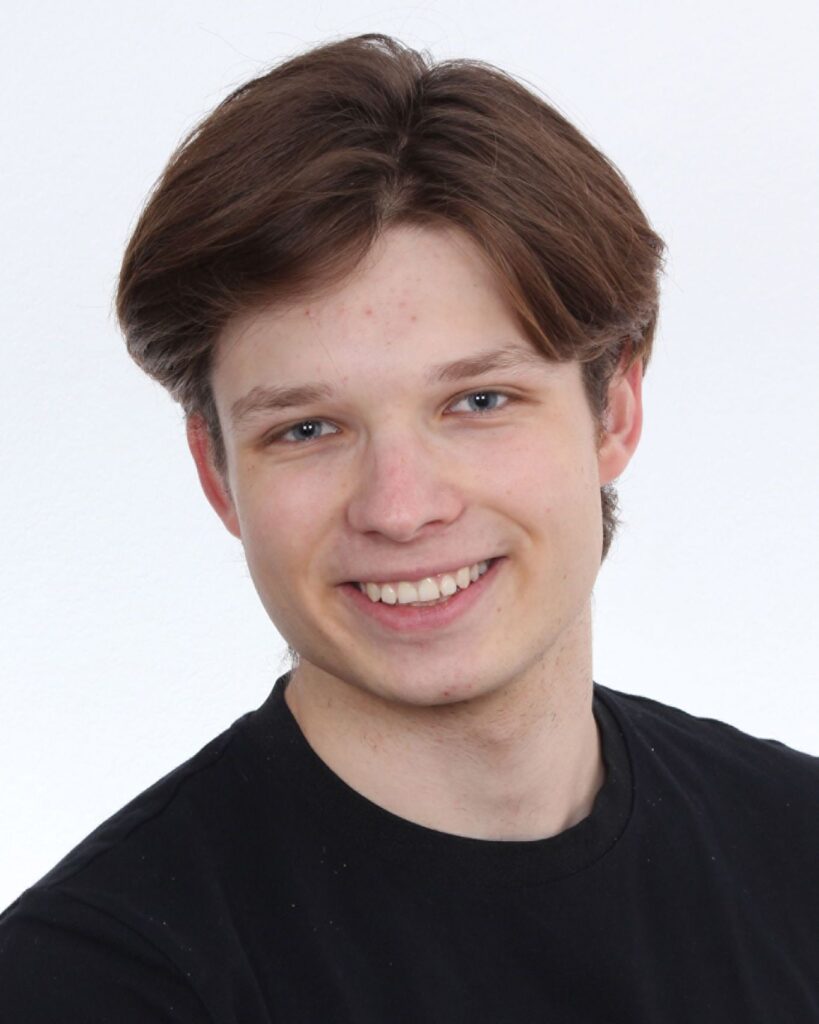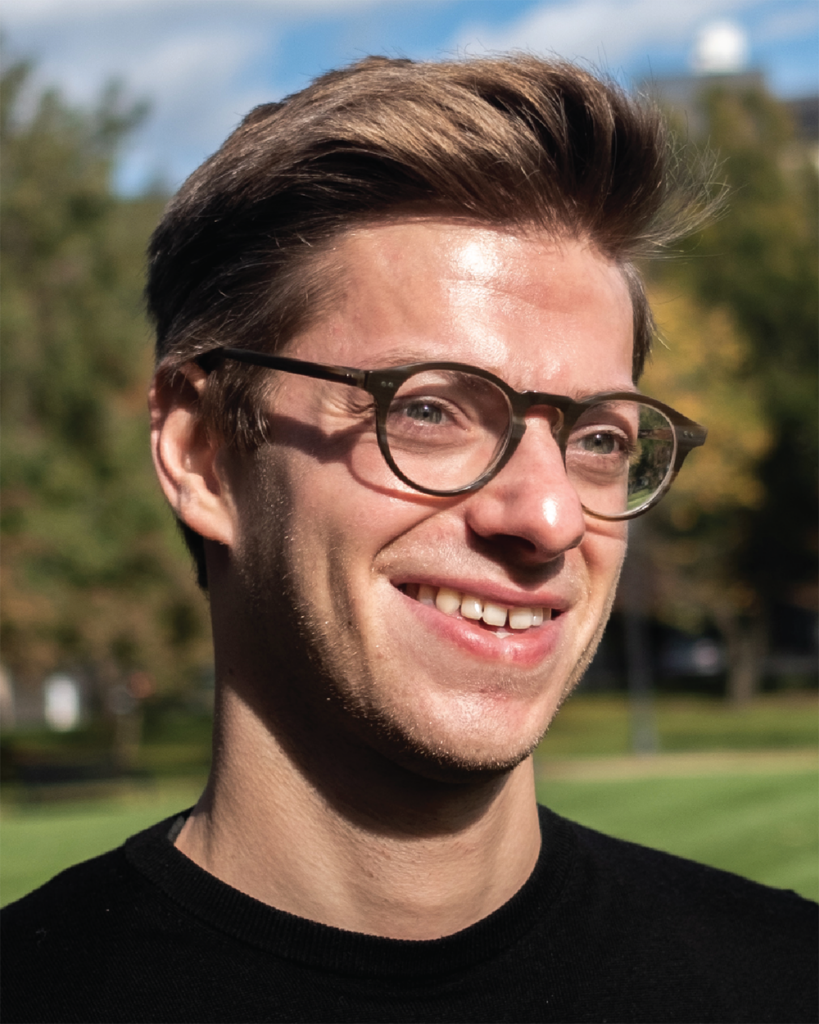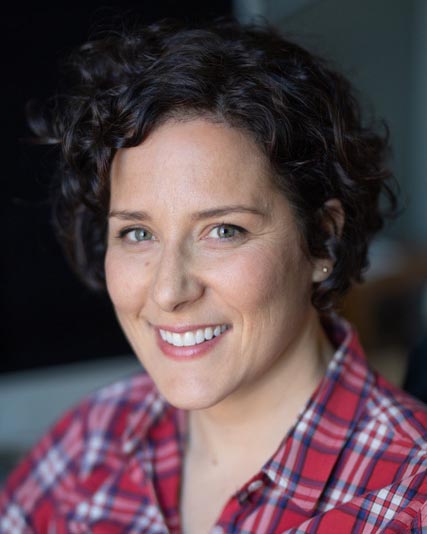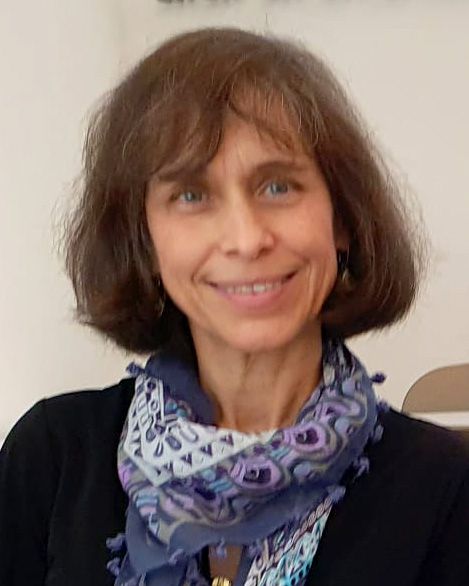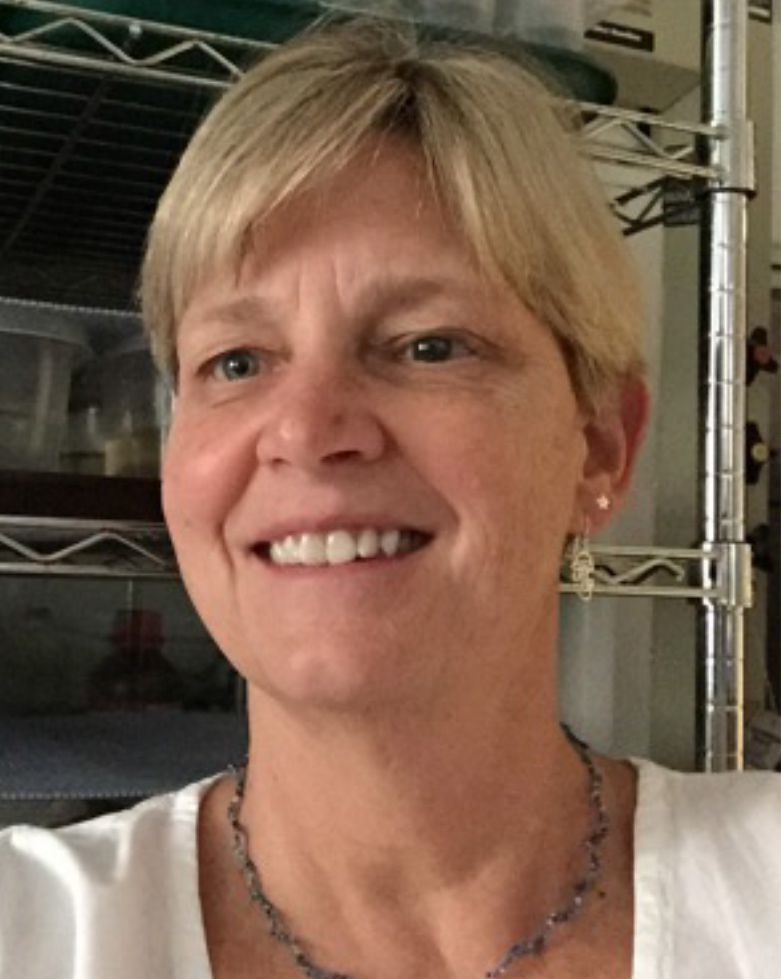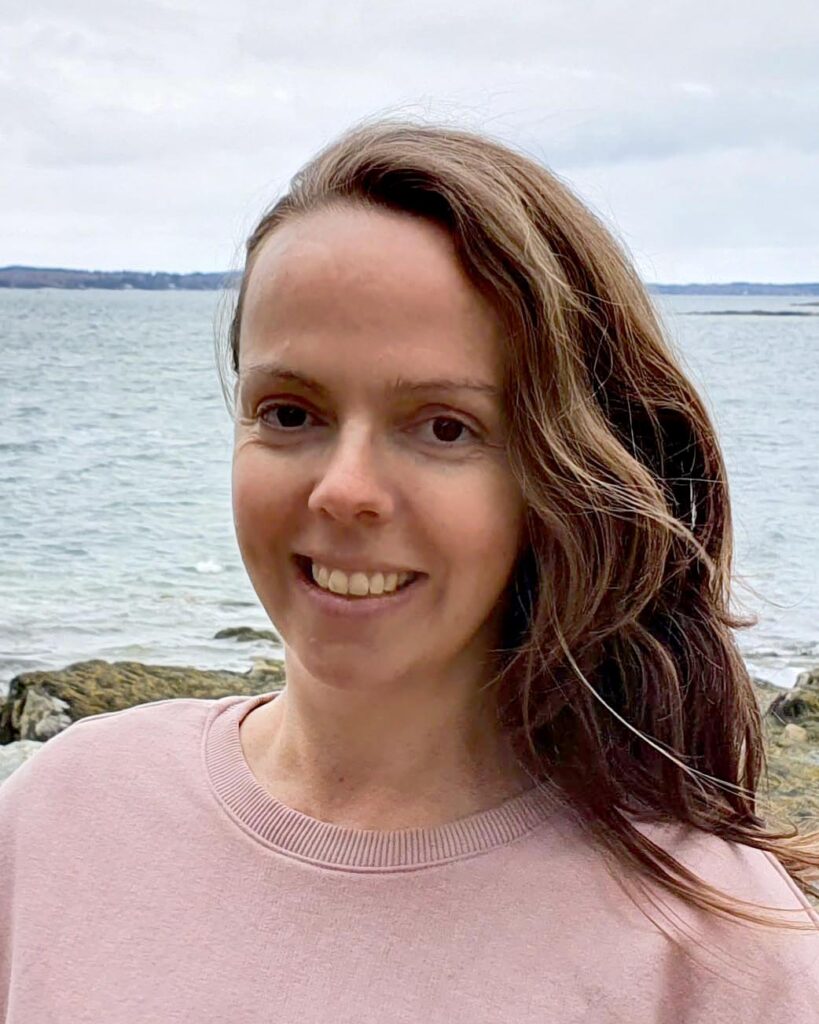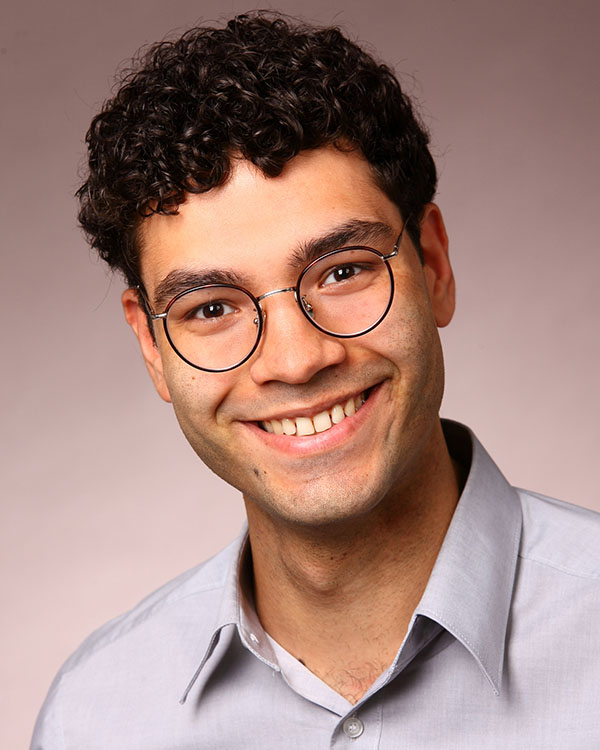Visiting scientists in the Murawala lab
- The Murawala lab firmly believes that today’s science is highly interdisciplinary and requires collaborative efforts among like-minded people.
- With an active visiting scientist program at MDIBL, every year we welcome many researchers from across the world to spend a few weeks/months with us in the pristine environment of the Mount Desert Island. These researchers enrich our knowledge and also get opportunities to learn science that is ongoing in our lab.
- If you would like to visit our lab to foster collaborations, please write to Prayag.
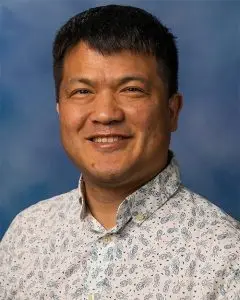
Longhua Guo, Visiting Scientist
2025
Assistant Professor, University of Michigan Medical School
Dr. Guo is an assistant professor at University of Michigan. His lab aims to address the most cutting-edge questions in aging, regeneration, and global rejuvenation in two long-lived organisms, the planarians, Schmidtea mediterranea, and the leopard geckos, Eublepharis macularius. Dr. Guo approaches these questions using expertise from the fields of genetics, genomics, molecular, cellular and developmental biology.
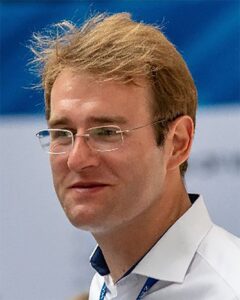
Fabian Voigt, Visiting Scientist
2022-23, 2025
– Postdoctoral Researcher, Harvard University, Boston
Dr. Voigt is a developer of the mesoSPIM microscope during his Ph.D. in the lab of Dr. Fritjof Helmchen, University of Zürich, Zürich. Currently, he is doing his postdoctoral research in the lab of Dr. Florian Engert, Harvard University, Boston. So far, he has overseen the development of 12 mesoSPIM microscopes in various parts of the world. Dr. Voigt was instrumental in our effort to build a mesoSPIM microscope at the MDI Biological Laboratory which was built in 2022. He continues to collaborate with the Murawala Lab to improve the functionality of mesoSPIM microscopy further.
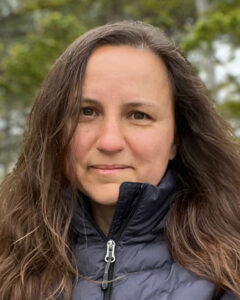
Elena Pokidysheva, Visiting Scientist
2022-25
– Research Assistant Professor, Vanderbilt University, USA
Dr. Pokidysheva is a Research Assistant Professor in the Division of Nephrology, Department of Medicine at Vanderbilt University Medical Center in Nashville, TN. Her current studies focus on uncovering mechanisms of kidney failure caused by Alport syndrome. She is a visiting scientist at the Murawala Lab looking to extend her research through analysis of axolotls as a new animal model of Alport syndrome. The majority of Alport patients are missing collagen IV α345 scaffold in their glomerular basement membrane (GBM). Axolotls are naturally occurring double knockouts of col4a3 and col4a4 genes which makes them a unique model to study the disease.
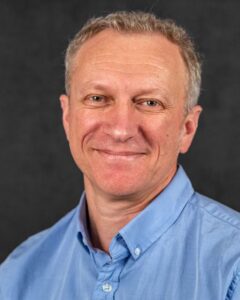
Moshe Khurgel, Visiting Scientist
2023-24
– Associate Professor, Bridgewater College, Virginia
Prof. Khurgel’s fascination with morphogenesis began as an undergraduate student studying claw regeneration in lobsters with Dr. C.K. Govind at the University of Toronto and the summer lab at MBL. After exploring the role of astrogliosis in epileptogenesis and spinal cord regeneration, and stem cell transplantation for tissue repair in mammals during his Ph.D. and pos-doctoral studies, Dr. Khurgel set up his own lab with a quest is to understand how changes in metabolism influence development and limb regeneration in axolotls. He is collaborating with Murawala lab on the use of transgenic technologies.
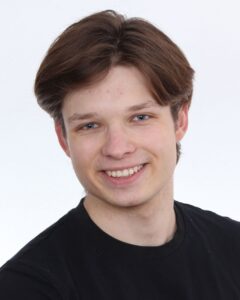
Erik Figura, Visiting Scientist
2023-24
– Cand. Medical Doctor, Hannover Medical School, Germany
Erik Figura is a medical student at the Hannover Medical School (MHH), Germany. Currently, he is part of the Hinze Lab at the Department of Nephrology and Hypertension (MHH). Mr. Figura is interested in the effect of metamorphosis on kidney function. He is visiting MDIBL for a year as a medical intern as part of a joint project between the Hinze and Murawala lab. In this collaborative project Mr. Figura will study the changes associated with metamorphosis in neotenic and metamorphic kidney using modern molecular biology, physiology and histological tools.
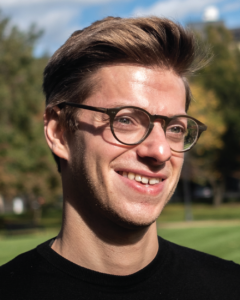
Yury Nikolaev, Visiting Scientist
2024
– Postdoctoral Researcher, Yale University, CT, USA
Yury Nikolaev is an ion channel postdoctoral scientist at Yale University with research experience in biophysics, neuroscience, and physiology. His research has primarily centered on the molecular basis of the sense of touch, particularly the detection of tactile stimuli by the cells within the mechanosensory touch corpuscles in the skin. Yury employs electrophysiology, molecular biology, biochemistry, as well as volume electron microscopy to understand the intricate molecular mechanisms underlying the sense of touch. The project in Murawala lab explores how axolotls sense touch through their skin.
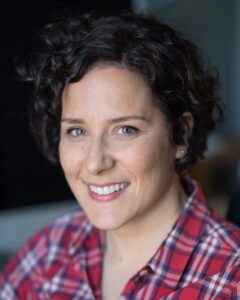
Catherine McCusker, Visiting Scientist
2022-23
– Assistant Professor, University of Massachusetts, Boston
Prof. McCusker studied craniofacial development using Xenopus during her Ph.D. in the lab of Dr. Alfandari at the University of Massachusetts, Amherst. She did her postdoc with Prof. Susan Bryant and Prof. David Gardiner at the University of California, Irvine studying axolotl limb regeneration. Since 2015, she is running her own lab at the University of Massachusetts, Boston in the department of Biology. Her core interests are limb development and limb regeneration. The Murawala lab collaborates with the McCusker lab on the role of nerves during axolotl limb regeneration.
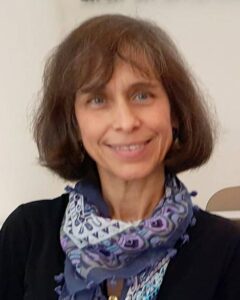
Katia Del Rio-Tsonis, Visiting Scientist
2023
– Professor, Miami University, Ohio, USA
Dr. Del Rio-Tsonis obtained her BS degree from the University of California San Diego (UCSD) and her PhD from the National University of Mexico. She did her Post-doctoral work on newt lens regeneration at the University of Dayton and then transitioned to Miami University where she is currently the John Stuebe Professor in Biology and Co-director of the Center for Visual Sciences. Dr. Del Rio-Tsonis has been funded from the National Eye Institute (NEI) for over 20 years and has participated as a grant reviewer for the Center for Scientific Review for many years. She recently finished her service as a member of the National Advisory Eye Council. For several decades, her lab has focused on uncovering the mechanisms that control stem cell activation and tissue reprogramming studying the lens and the retina of the eye using animal models with high regenerative capabilities such as salamanders and embryonic chickens. Her lab has pinpointed key factors that induce neural retina regeneration such as the immune regulator and complement component C3a as well as the epigenetic modifier Tet3. Most recently, her focus is on determining the molecular and epigenetic underpinnings that dictate pigmented tissues of the eye to be plastic and reprogram to either neural retina or lens.
– Lab website
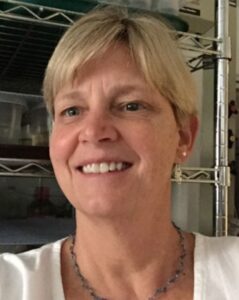
Karen Crawford, Visiting Scientist
2023
– Professor, St. Mary’s College of Maryland, Maryland
Prof. Crawford is a developmental biologist. Her laboratory studies the cellular and molecular mechanisms of pattern formation during development and regeneration in animals. During the school year, her students study limb regeneration in the Mexican salamander (Ambystoma mexicanum), head and tail regeneration in a freshwater worm (Lumbriculus variegatus), and signal transduction cascades associated with pattern formation during development in squid embryos (Doryteuthis pealei, previously Loligo pealei). Most summers, her research program moves to the Marine Biological Laboratory in Woods Hole, MA, where she has developed in vitro fertilization, culture and most recently, reliable microinjection methods for cephalopods. With this advancement her work has expanded through important collaborations to include CRISPR-Cas9 genome editing in squid. Her current collaborations include studying: heart, statocyst, and nervous system development, in addition to exploring fundamental questions of early patterning and development through CRISPR-Cas9 gene knockout and lineage analysis. Her studies in regeneration have also taken her to Dresden, Germany, and the MDIBL, Bar Harbor, ME, where she created and codirected the inaugural Regenerative Biology course. Over the years, she has served on both NIH and NSF grant review panels, and as a reviewer for a wide range of journals. She currently serve on the editorial board for Developmental Biology. She has also held a variety of leadership positions for the Society for Developmental Biology, Society for Comparative and Integrative Biology, and the Marine Biological Laboratory, Woods Hole, MA, where she currently chairs the Whitman Scientist Steering Committee.
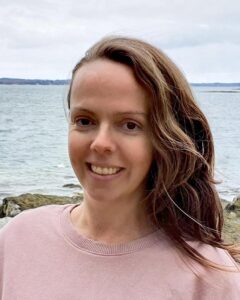
Hillary Maddin, Visiting Scientist
2022
– Associate Professor, Carleton University & Canadian Museum of Nature, Ottawa, Canada
Prof. Maddin did her Ph.D. in evolutionary biology at the University of Calgary and her postdoc with Prof. James Hanken at the Harvard University. Since 2015, she is running her own lab at the Carleton University. Her core interests are morphological and structural evolution of body plan with a special focus on amphibians. The Murawala lab collaborates with the Maddin lab on fin to limb evolution and understanding the principles of limb field induction.
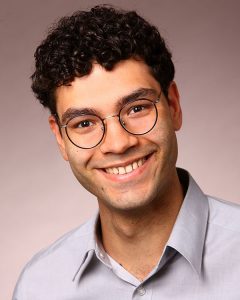
Johannes Roeles, Visiting scientist
2021
– Resident Physician, Hannover Medical School, Hannover, Germany
Dr. Roeles did his medical doctorate (Dr. med.) from Hannover Medical School, Germany. Currently, he is serving as a resident physician at the Clinic for Kidney and Hypertension Diseases, Hannover Medical school. Dr. Roeles is passionate about vascular architecture of kidney. He is a visiting scientist in the Murawala Lab at MDIBL, where he is learning the basis of tissue clearing and light-sheet microscopy which he wants to apply to African turquoise killifish (Nothobranchius furzeri).
